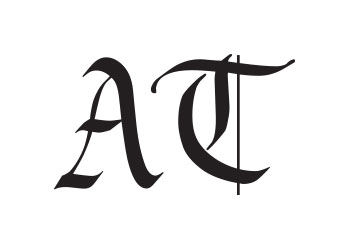October 26, 2022
Thank you, Mr. President,
I thank the USG Soares for the pertinent clarifications.
The raison d’être of the Secretariat is to execute its mandate with objectivity and impartiality, without fear or favour, and that involves also reminding states of their obligations, and the degree to which they adhere to them.
Impartiality doesn’t mean indifference, detachment from reality, when commitments are not upheld and when the law is broken. This is why we strongly value and support the work of the Secretariat in their attempt to ensure consistency and continuity in the application of the UN Charter, in the service of all states without distinction.
That is why we rightly expect all states to respect its prerogatives and cooperate in good faith with the Secretariat. Threats against the Secretariat are unconscionable and further profess of total disregard for the rules that underpin the UN.
The secretariat should not yield to such threat. Equally, Member States should not heed any demands that may prevent the Secretariat from carrying it duties and discharging its obligations, including on the matter at hand, a monitoring mandate for resolution 2231.
This would create a dangerous precedent, undermine the implementation of UNSC resolutions, and create the impression that some countries can disregard obligations at will and with impunity.
Mr President,
We all read the Charter and the rules. So, Let’s come to the core of the issue, Russia denies it is has deployed Iran-made UAVs against civilian infrastructure in Ukraine, wreaking havoc and killing civilians.
If what Russia says is the truth, if it has nothing to hide, if it is implementing Security Council Resolutions, upholding the Charter and respecting International Law, then, in the interest of truth and clarity, Russia must be the first to welcome an independent and impartial verification to bring the truth to light. Welcome it, not to threaten the mandate holders, the first of them, the Secretary General.
In 2015, the UNSC adopted resolution 2231 to endorse the Iran nuclear deal and keep in place certain critical restrictions on Iran for a period of years. This resolution asked the SG to “report to the Security Council on the implementation of these provisions every six months.”
With the adoption of the resolution 2231, the Security Council fully supported the Secretariat in establishing a team and a process to monitoring its implementation. Member states have supported the UN Secretariat’s 2231 team by providing information and analysis.
As mentioned by the legal advisor, in the last seven years, the SG has so far submitted to the UNSC 13 reports summarizing its investigations and findings on reported non-compliance, based on many visits and inspections by the “2231 team”.
For example, in his December 2021 report, the SG recalled the Secretariat’s visit to Saudi Arabia to examine the debris from six ballistic missiles tied to Houthi attacks.
The Secretariat’s team also went to Israel in 2021 to inspect Iranian UAVs that had infiltrated Israeli airspace. How these cases are different with the Iran-produced UAVs used by Russia in Ukraine?
Mr President,
A Member State, Ukraine, has submitted a request to the President of the Security Council based on its own evidence that Russia has used UAVs of Iran origin, whose transfer is prohibited by UNSCR 2231.
Reliable sources have shown Russia is using these UAVs, including against civilian infrastructures in Ukraine.
Such procurements and transfers are a clear violation of paragraph 4 of Annex B of UNSCR 2231, and two Member States, Russia and Iran are in breach of a UNSC resolution.
That is why we reiterate our call to the Secretariat to do its job and not get lost in intentionally confusing semantics when its mandate is clear; to organize a visit in sites, which Ukraine has offered to facilitate, collect evidence and report about its findings.
Following its well-established procedures, the UN’s 2231 team should analyze the available evidence impartially and report its findings to the Security Council.
We look forward to the report. Thank you!


